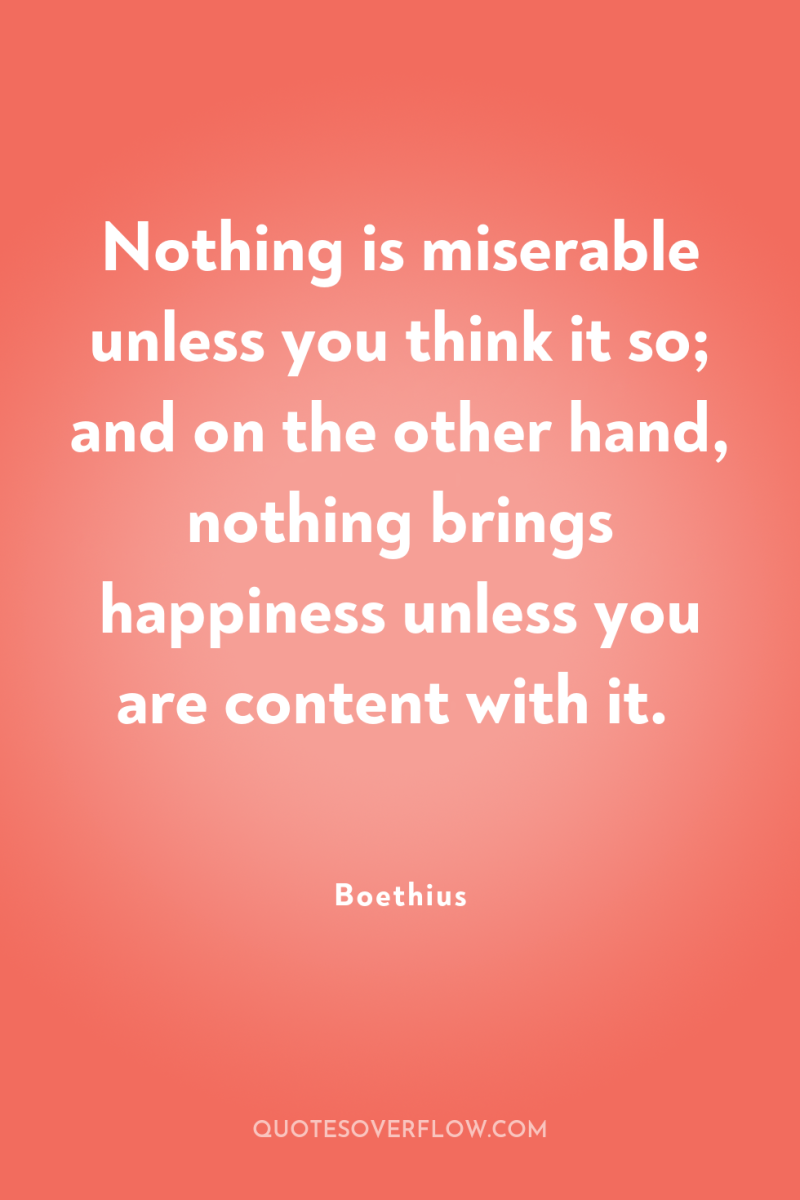1
And further, God should not be regarded as older than His creations by any period of time, but rather by the peculiar property of His own single nature. For the infinite changing of temporal things tries to imitate the ever simultaneously present immutability of His life: it cannot succeed in imitating or equalling this, but sinks from immutability into change, and falls from the single directness of the present into an infinite space of future and past. And since this temporal state cannot possess its life completely and simultaneously, but it does, in the same manner, exist forever without ceasing, it therefore seems to try in some degree to rival that which it cannot fulfill or represent, for it binds itself to some sort of present time out of this small and fleeting moment; but inasmuch as this temporal present bears a certain appearance of that abiding present, it somehowmakes those, to whom it comes, seem to be in truth what they imitate. But since this imitation could not be abiding, the unending march of time has swept it away, and thus we find that it has bound together, as it passes, a chain of life, which it could not by abiding embrace in its fullness. And thus if we would apply proper epithets to those subjects, we can say, following Plato, that God is eternal, but the universe is continual.Boethius

2
Nothing is miserable unless you think it so; and on the other hand, nothing brings happiness unless you are content with it.Boethius
3
Men who give up the common goal of all things that exist, thereby cease to exist themselves. Some may perhaps think it strange that we say that wicked men, who form the majority of men, do not exist; but that is how it is. I am not trying to deny the wickedness of the wicked; what I do deny is that their existence is absolute and complete existence. Just as you might call a corpse a dead man, but couldn't simply call it a man, so I would agree that the wicked are wicked, but could not agree that they have unqualified existence. .Boethius
4
So dry your tears. Fortune has not yet turned her hatred against all your blessings. The storm has not yet broken upon you with too much violence. Your anchors are holding firm and they permit you both comfort in the present, and hope in the future.Boethius
5
You have the chief spark of your health's fire, for you have true knowledge of the hand that guides the universe.Boethius
6
He is in no real danger. He merely suffers from a lethargy, a sickness that is common among the depressed. He has forgotten who he really is, but he will recover, for he used to know me, and all I have to do is cloud the mist that beclouds his vision.Boethius
7
Among wise men there is no place at all left for hatred. For no one except the greatest of fools would hate good men. And there is no reason at all for hating the bad. For just as weakness is a disease of the body, so wickedness is a disease of the mind. And if this is so, since we think of people who are sick in body as deserving sympathy rather than hatred, much more so do they deserve pity rather than blame who suffer an evil more severe than any physical illness.Boethius
8
And so sovereign Providence has often produced a remarkable effect--evil men making other evil men good. For some, when they think they suffer injustice at the hands of the worst of men, burn with hatred for evil men, and being eager to be different from those they hate, have reformed and become virtuous. It is only the power of God to which evils may also be good, when by their proper use He elicits some good result.Boethius
9
If there is anything good about nobility it is that it enforces the necessity of avoiding degeneracyBoethius
10
Indeed, the condition of human nature is just this; man towers above the rest of creation so long as he realizes his own nature, and when he forgets it, he sinks lower than the beasts. For other living things to be ignorant of themselves, is natural; but for man it is a defect.Boethius
11
He who has calmly reconciled his life to fate ... can look fortune in the face.Boethius
12
Every man must be content with that glory which he may have at home.Boethius
13
Nothing is miserable unless you think it so.Boethius
14
In other living creatures the ignorance of themselves is nature but in men it is a vice.Boethius
15
Who would give a law to lovers? Love is unto itself a higher law.Boethius
16
Music is part of us, and either ennobles or degrades our behavior.Boethius
17
A man content to go to heaven alone will never go to heaven.Boethius